Farm animal cruelty
From painful mutilations to rough handling and slaughter at a young age – animals on factory farms suffer on many levels.
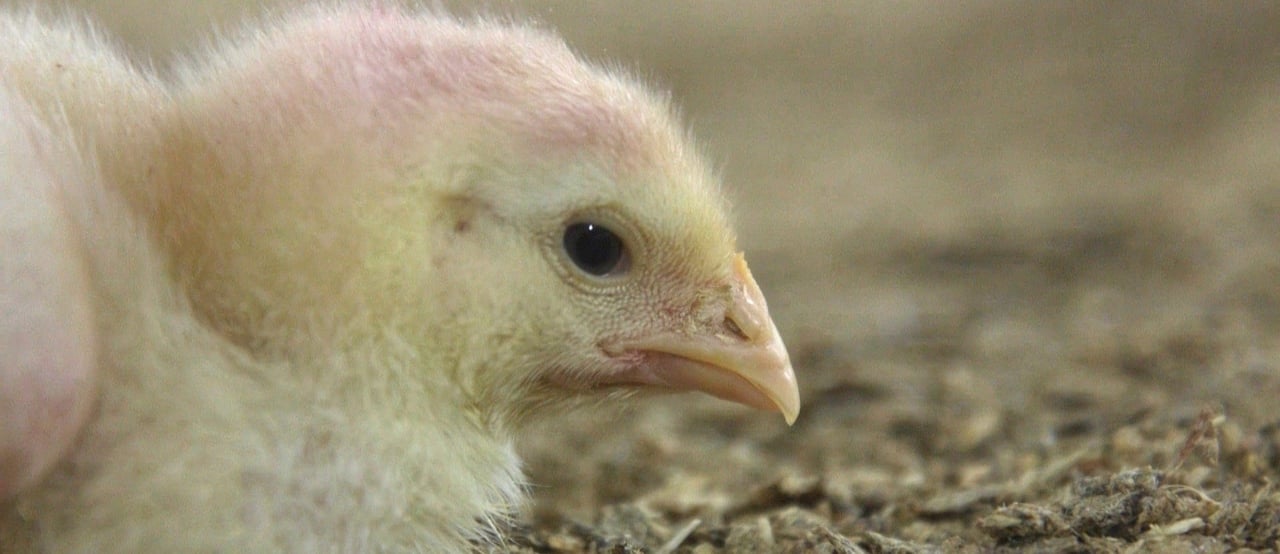
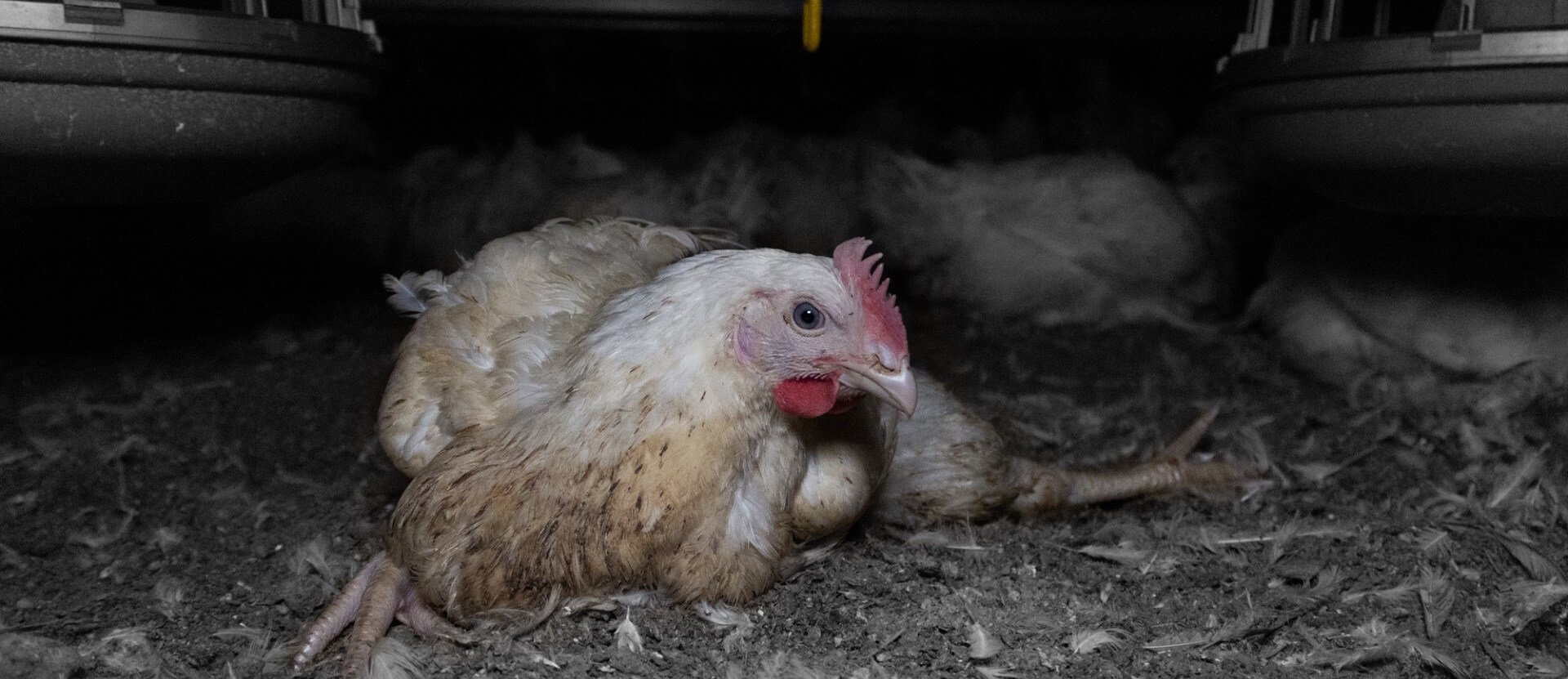
Image credit: Misssheep
Factory farming does not just inflict unimaginable suffering on billions of animals, but the intensive and cruel methods also lead to the destruction of habitats and release climate-changing greenhouse gas emissions into the atmosphere.
Learn More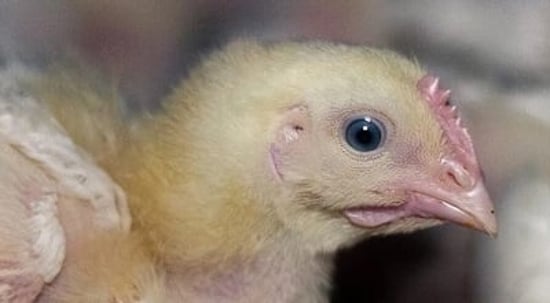
From painful mutilations to rough handling and slaughter at a young age – animals on factory farms suffer on many levels.
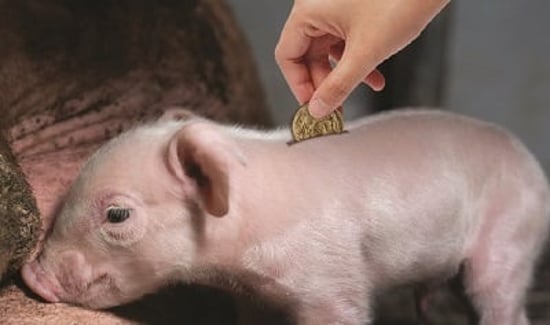
Factory farming operations are typically financed by banks and investors, who allocate resources to industries that yield maximum profits.
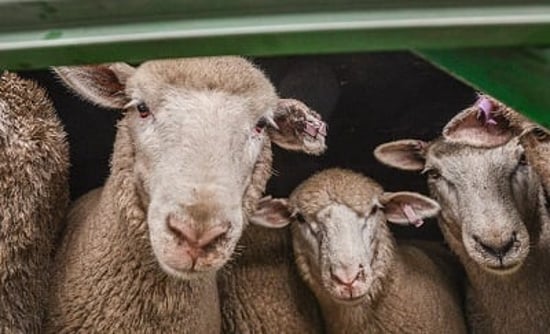
Despite years of public opposition and calls for change, Australia remains a significant player in the cruel live export industry.
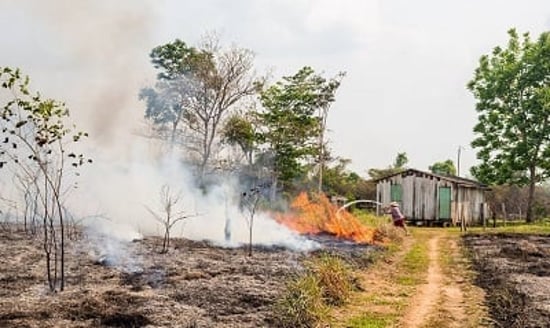
Intensive animal agriculture causes billions of animals to suffer annually, and also causes significant harm to the environment.
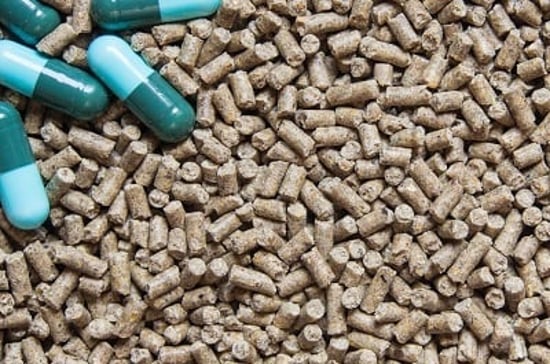
Approximately three-quarters of the world’s antibiotics are used in animals, most of which are living in miserable and unsanitary conditions on factory farms.
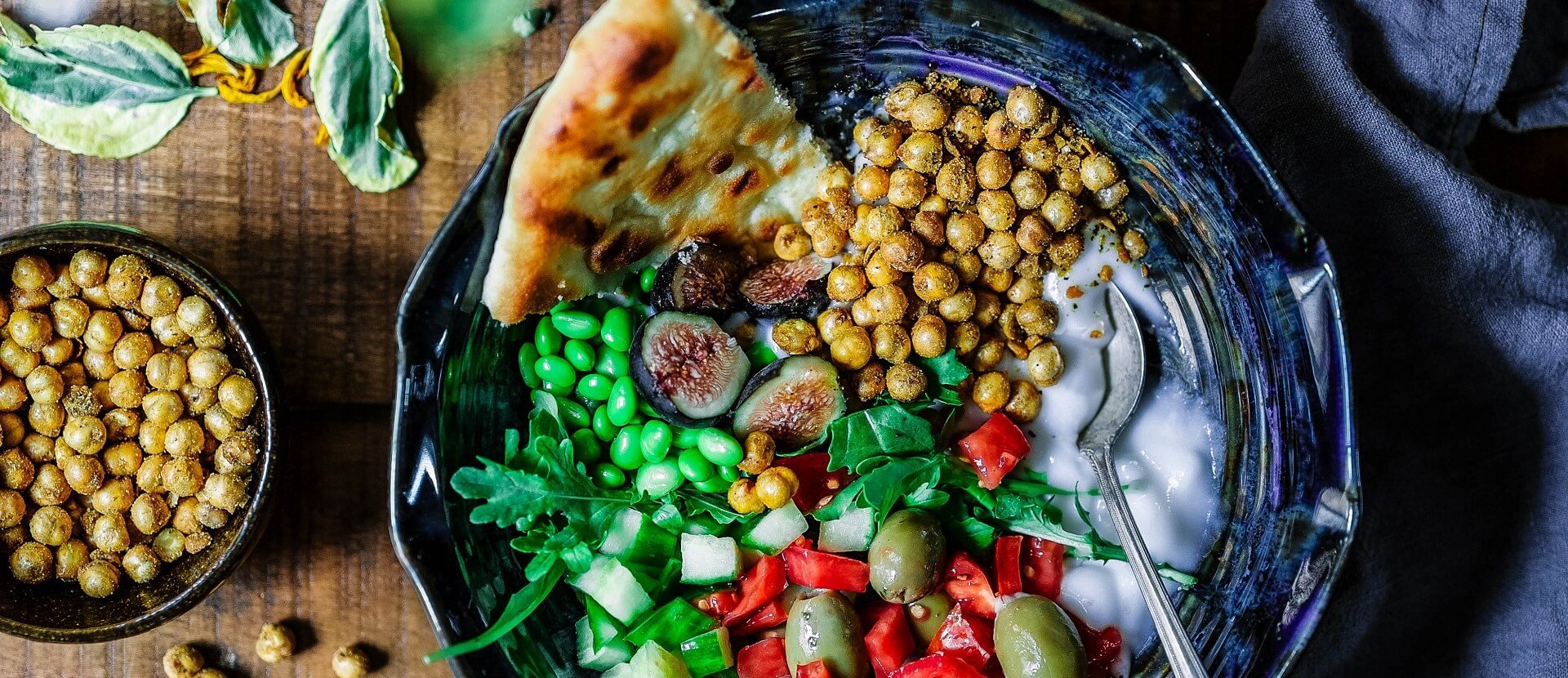
Image credit: Edgar Castrejon / Unsplash
Your food choices can have a big impact on your health, the planet and farm animal welfare. Not only are plant-based options healthy and delicious, but they are also sustainable, and kinder to animals.
Learn more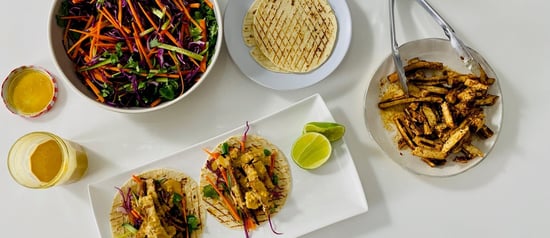
Consuming more plant-based protein and fewer animal products can have a big impact on your health, the planet and farm animal welfare.

Reading meat and other animal product labels can be tricky because they may not always be clear. And sometimes, they are deliberately made this way.
Millions of Australian animals on factory farms are forced to endure horrific cruelty during their short lives followed by slaughter because of inadequate laws and standards. To end their needless suffering, it is vital to create an Independent Office of Animal Welfare (IOAW) that will ensure the humane treatment of our animals.
Right now, existing laws and standards are still allowing for systemic cruelty to be inflicted on Australian farm animals with some standards and codes not being mandatory, some continuing to allow abhorrent cruelty and some not being enforced.
On top of this, the Government dismantled the national framework for animal welfare in 2013. They also went on to defund the Australian Animal Welfare Strategy and disband the advisory body for consultation on animal welfare policy.
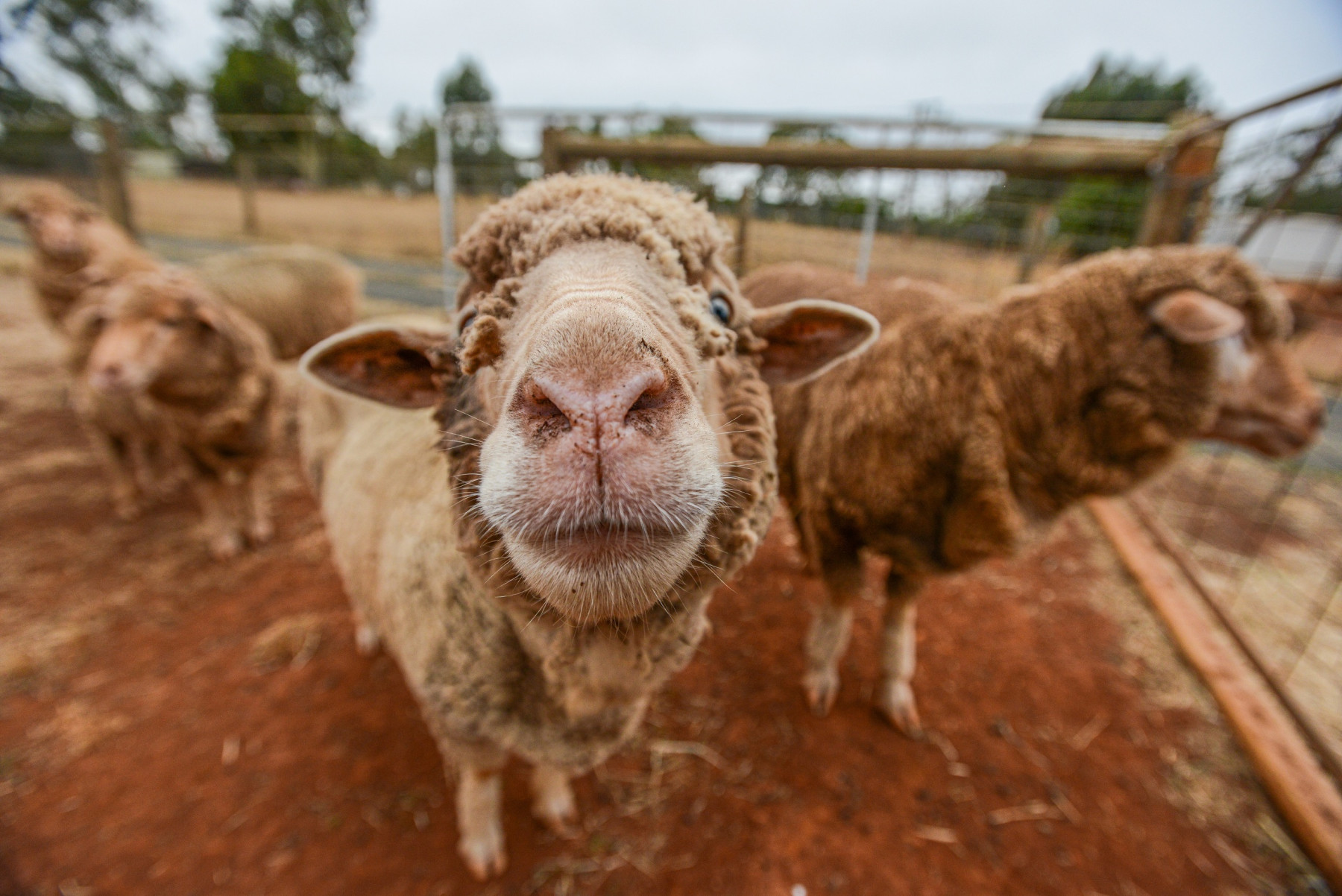 Image credit: JoAnne McArthur / We Animals Media
Image credit: JoAnne McArthur / We Animals Media
Without national leadership, progress on animal welfare continues to slip behind other nations like New Zealand and the UK on their national commitment to animal welfare, which is why we need the Government to provide leadership and re-establish national frameworks to drive progress and reform in this area.
The Australian Alliance for Animals has proposed a 6-point #FairGoForAnimals reform framework for creating a more balanced and independent animal welfare governance system in Australia, which we strongly endorse.
By creating a dedicated IOAW that would advise, consult, lead and coordinate our country, states, territories, and communities to better protect and care for our animals, we will be able to create a more balanced and independent animal welfare governance system in Australia.
Together, we have been campaigning for an IOAW since 2013, and with you by our side, we won’t stop until every animal in Australia and around the world has a life free from cruelty and suffering.
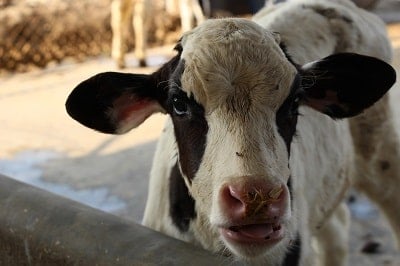
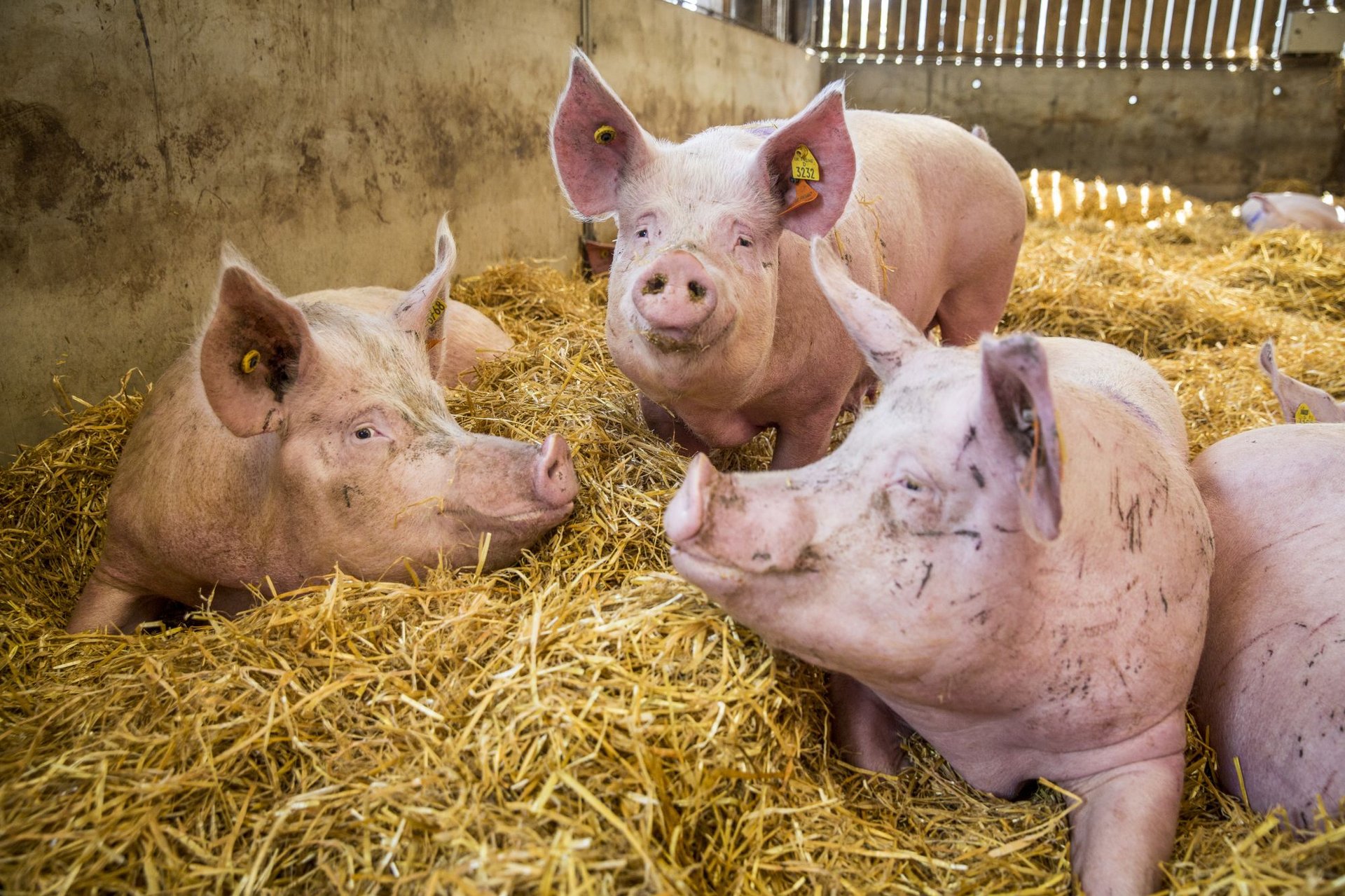
Join thousands of animal lovers fighting to protect wildlife and give farmed animals good lives. Sign up now to receive emails with all the ways you can help.
Sign up